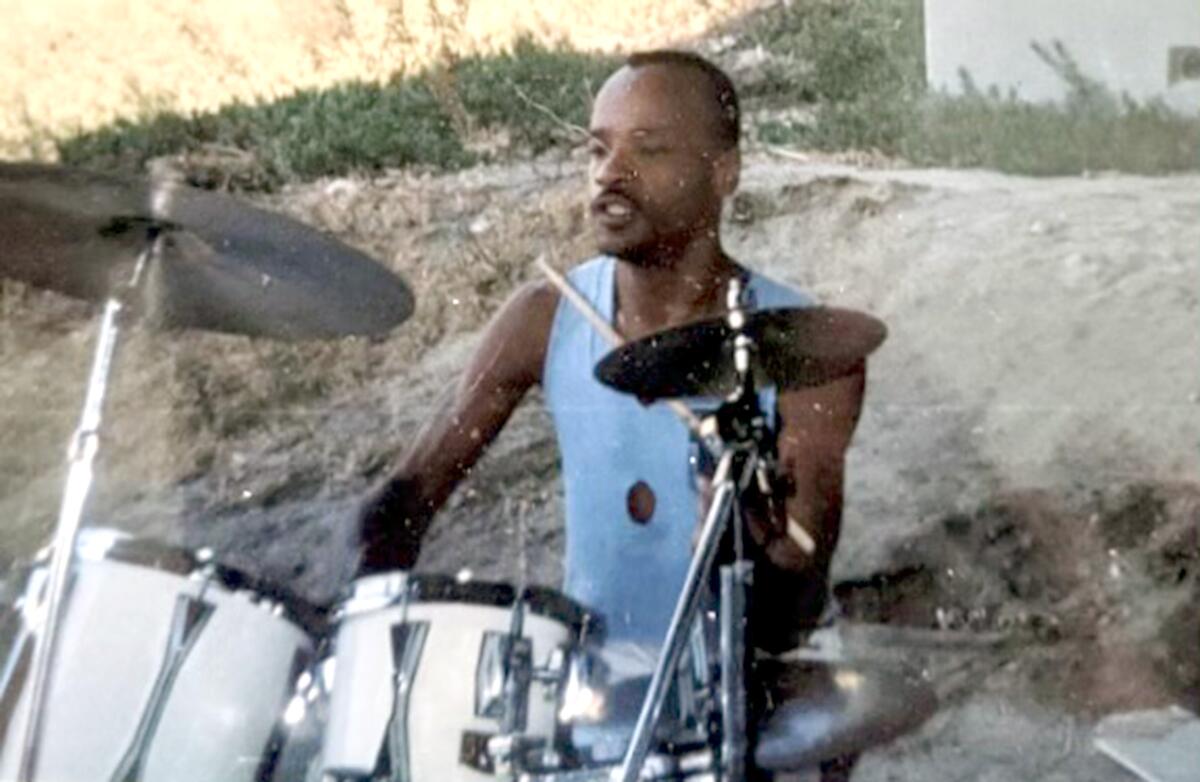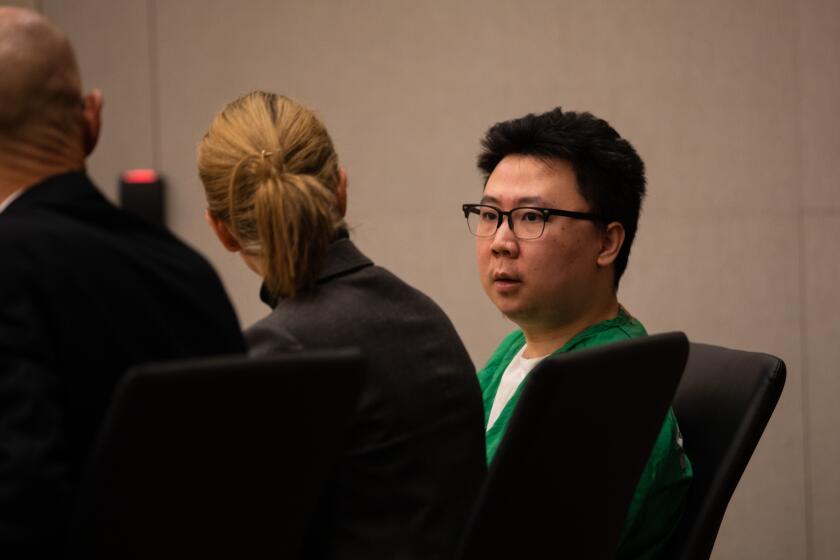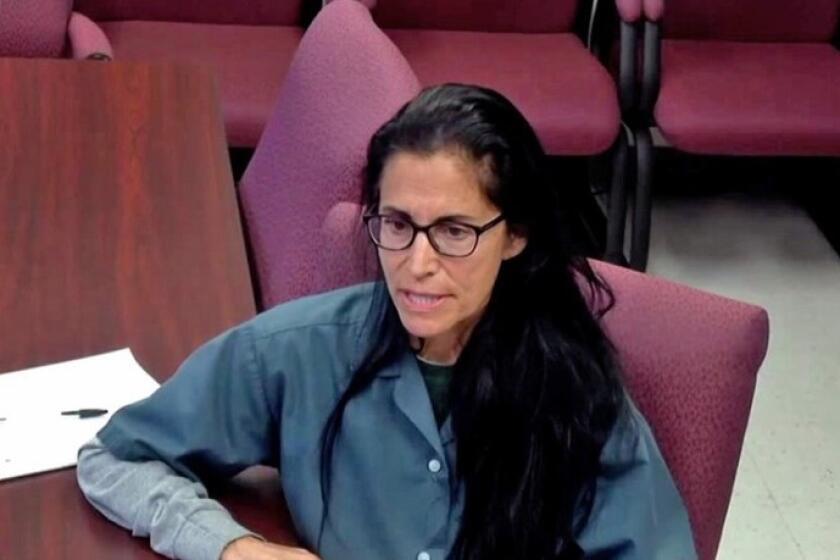Multiple county defendants, one lawyer: Judge previously ruled it’s not OK. So why are they doing it again?

Case involving jail inmate raises issue of fairness
In February 2018, Frankie Greer had a seizure and fell from the top of three jail bunks, suffering a serious brain injury.
A year later, Greer’s family filed a lawsuit against the nurse who had assessed him during the jail’s intake process, the two deputies responsible for assigning him to the top bunk and the San Diego County Sheriff’s Department, which employs all three.
The County of San Diego outsourced the entire case to one private attorney despite there being multiple defendants with conflicting stories: the nurse says she properly alerted housing deputies that Greer had a seizure disorder and needed a bottom bunk; the housing deputies claim she entered the alert into part of the jail’s information management system that they could not access.
This leaves the attorney hired by the county with an impossible, and potentially unethical, task: defending two parties who blame each other for wrongdoing. Under California rules for practicing law, it’s unethical for one lawyer to represent people whose stories are at odds.
And this is not a new issue for the county. It faced an almost identical scenario in a 2002 lawsuit filed by the family of Marshawn Washington, who suffocated to death after being hog-tied by jail deputies. Judge Larry Burns ruled then that county counsel could not represent both the jail nurse, who had failed to report to deputies that Washington had respiratory problems, and the deputies who had restrained him.
Burns wrote in his ruling that “statements made by the correctional officer and nurse defendants raise a very real prospect that one group of Defendants may attempt to shift the blame to the other, thus rendering it impossible for any attorney to effectively represent both groups in the same proceeding without compromising the rights of either.”
Like in the Washington case, plaintiffs are asking a judge to disqualify the defense attorney hired by the county to preserve the integrity of the case.
“When you have three defendants and they’re pointing at each other and the nurse says, ‘I did everything right, it’s on the deputies,’ and the deputies are saying the nurse didn’t do her job, how can you properly represent all three of those people?” said attorney Eugene Iredale, who is representing Greer.
Normally in a lawsuit with multiple defendants and conflicting accounts, the county would hire multiple outside attorneys, Iredale said.
Initially, county lawyers were assigned to the lawsuit. But in February 2020, the county outsourced the entire case to Carrie Mitchell of the law firm McDougal, Love, Boehmer, Foley, Lyon & Mitchell.
Mitchell did not respond to the San Diego Union-Tribune’s request for an interview. County spokesman Michael Workman did not respond to questions asking why the case was outsourced, saying only that having Mitchell represent multiple clients “is a potential issue.”
“It will be decided by the court,” he said.
Iredale and his co-counsel, Julia Yoo, recently filed a motion asking a judge to disqualify Mitchell, arguing that the conflicting stories among defendants harms the integrity of the case.
“Because there is an actual conflict between Nurse Germano and the deputies that cannot be waived at trial, defense counsel must be disqualified from representing any of the parties,” Yoo wrote in the motion.
Mitchell has until July 27 to file a response, Yoo said.
Court records reveal the challenge Mitchell faces should the case go to trial. In depositions, the housing deputies maintain they did nothing wrong.
But in a request for admissions — a legal document that requires one party in a civil case to admit to allegations by answering a series of questions — filed last month, Mitchell denied that Germano failed to properly document Greer’s condition.
And an expert hired by Mitchell to review all records tied to Germano’s actions said the nurse followed jail policy: she put in a “stat” order for Greer’s anti-seizure medication and made a note for the deputies to assign Greer to a bottom bunk, per jail policy for anyone prone to seizures.
“RN Germano, as required by policy, entered the information into the (jail information management system) to alert correctional staff of Mr. Greer’s need for a lower bunk,” Katheryn Wild, an expert in jail health care, wrote in a report.
According to court records, once Greer realized he had been assigned to a top bunk, he told deputies he needed to be moved to another cell, but his request was denied. Less than 24 hours later, he fell six feet from the top bunk, striking his head on the concrete floor. He was in a coma for several weeks and when he woke up, he did not recognize family or friends, according to court records. Now 62, he is permanently disabled and in an assisted-living facility.
Attorney David Carr, an expert in legal ethics, said the California Rules of Professional Conduct, which set the standards for practicing law in the state, allow an attorney to represent more than one client in a case, “but almost always requires the informed written consent of the jointly represented clients,” especially if the clients have taken adversarial positions, such as in the Greer case.
The San Diego Union-Tribune asked how much the county has paid Mitchell so far, but Workman did not respond. Yoo said she did not want to guess at what the law firm has billed, but said it is likely a significant sum.
“What I can tell you is that the county has litigated this case so aggressively and needlessly that I would not be surprised if the taxpayers were saddled with a very large price tag,” she said.
The latest news, as soon as it breaks.
Get our email alerts straight to your inbox.
You may occasionally receive promotional content from the San Diego Union-Tribune.



